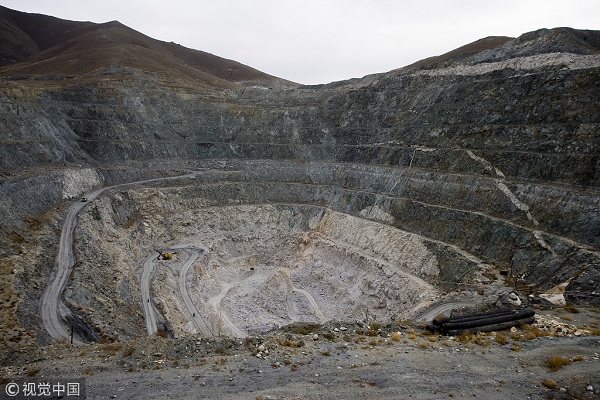Keketuohai National Park, Altay

Keketuohai National Park, Altay
(阿勒泰富蕴可可托海景区 ā lè tài fù yùn kě kě tūo hǎi Jǐng qū)

Keketuohai National Park is known as the “Yosemite of China”. It covers an area of 777 square kilometers while being 56 km away from Fuyun county of Altay and 482 km away from Urumqi. In 2017, the park was listed as a UNESCO World Geopark due to its beautiful natural landscapes such as valleys, rivers, peaks, forests, mines and seismic belts. It consists of four main scenic spots: Irtysh Grand Canyon, Ilavmu Lake, Cocoa Sullivan Lake and Fuyun Quake Remains.
Irtysh Grand Canyon is a typical granite landform created in the Yanshanian Period (208 million years to 65 million years ago). Due to the cold weather, the granite kept splitting and eventually developing into various steep mountains with smooth surfaces in different shapes.
Ilavmu Lake is surrounded by mountains on both sides, which are precipitous. Overlooking the lake from a height, it is shaped like an “8”, resembling a huge blue gem embedded in the green land.
Cocoa Sullivan Lake is home to hundreds of thousands of swans and is therefore known as “Swan Lake”. In addition, you can see groups of reeds fluttering in the wind, while flocks and herds of cattle wander on the distant plains.
The 1931 Fuyun Earthquake caused a 110-mile seismic fault zone centered on the Kalaxianger. At the epicenter, the massive quake created a grand collapse of 9 km long and 5 km wide. Free from human interference, the site is the best-preserved and largest in the world, so it is also known as the “Earthquake Museum”.
Scenic Spot Level: AAAAA
Ideal Sightseeing Season: August to October
Opening Hours: 09:00 - 19:00 (ticket selling stops 1.5h earlier)
Ticket Price: April - October: 90 yuan ($13.02); November - March: 45 yuan; Free for children of or below 1.2 meters (3.9 feet).
Address: Keketuohai town, Fuyun county, Altay, Xinjiang Uygur autonomous region
Website: http://www.keketuohai.com.cn/


Last Updated: Dec 28, 2018




